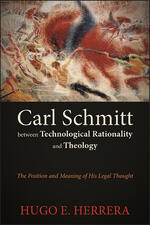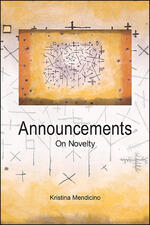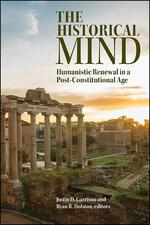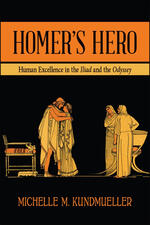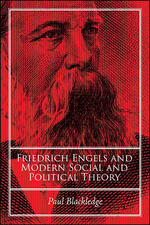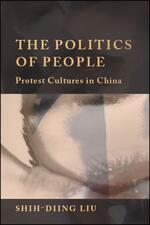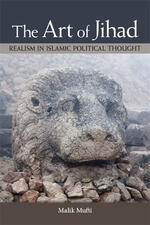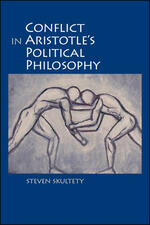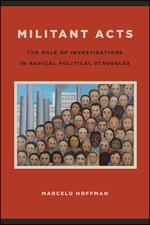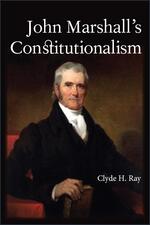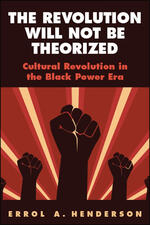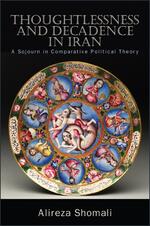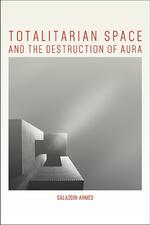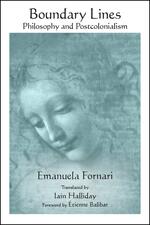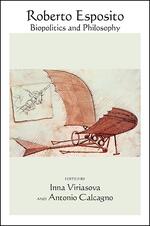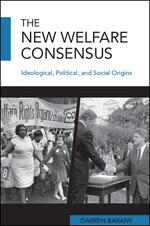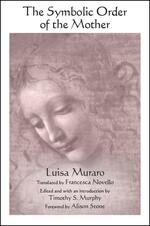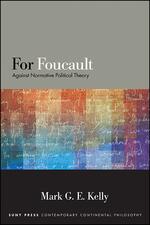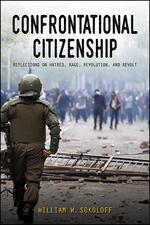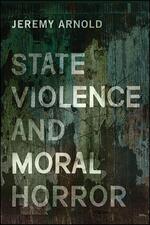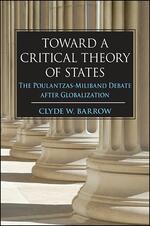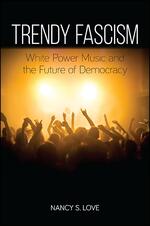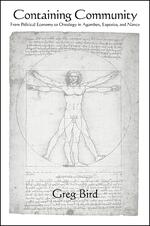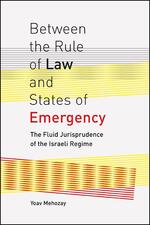Political Theory
Carl Schmitt between Technological Rationality and Theology
Situates Schmitt's legal scholarship in the context of debates regarding whether his thought was more theological or technocratic.
Announcements
A study of novelty through analyses of the language of announcement in revolutionary texts.
The Historical Mind
Timely and provocative asessment of various cultural, moral, and political problems in "post-constitutional" America.
Homer's Hero
Draws on Plato to argue that Homer elevated private life as the locus of true friendship and the catalyst of the highest human excellence.
Friedrich Engels and Modern Social and Political Theory
Offers a powerful new interpretation of Engels’s contributions to modern social and political theory.
The Politics of People
Explores the cultural dimensions of protest and dissent in China, focusing on dramatic forms of bodily, spatial, strategic, and artistic performativity.
The Art of Jihad
Identifies and traces the evolution of a forgotten “realist” tradition in medieval Islamic political thought, and considers the prospects for its revival in the context of the contemporary Middle East.
Conflict in Aristotle's Political Philosophy
Offers a careful analysis of how Aristotle understands civil war, partisanship, distrust in government, disagreement, and competition, and explores ways in which these views are relevant to contemporary political theory.
Fight to Live, Live to Fight
Examines US foreign and domestic policy through the narratives of post-9/11 US military veterans and the activism they are engaged in.
Militant Acts
Offers a history of the role of investigations in radical political struggles from the nineteenth century forward.
John Marshall's Constitutionalism
A study of John Marshall's political thought with special emphasis on his views of constitutional legitimacy, sovereignty, citizenship, and national identity.
The Revolution Will Not Be Theorized
Studies the revolutionary theory of the Black Power Movement in the 1960s through ʼ70s, placing it within the broader social theory of black revolution in the United States since the nineteenth century.
Thoughtlessness and Decadence in Iran
Bridges Western and non-Western political thought to address the problem of democracy and political decadance in contemporary Iran and, by implication, similar Islamic societies.
Totalitarian Space and the Destruction of Aura
Diagnoses our contemporary spatial experience as fundamentally totalitarian through a multilayered critical theory of space.
Boundary Lines
Systematically addresses the philosophical implications of the postcolonial.
Roberto Esposito
Analyzes key concepts and arguments in the work of one of Europe’s leading philosophers.
The New Welfare Consensus
Discusses the conservative ideological and political attack on welfare in the United States.
The Symbolic Order of the Mother
Argues that affirming the irreducible differences between men and women can lead to more transformative politics than the struggle for abstract equality between the sexes.
For Foucault
Calls for a Foucauldian approach to political thought that is intrinsically resistant to power and subordination to public policy.
Confrontational Citizenship
Defends confrontational modes of citizenship as a means to reinvigorate democratic participation and regime accountability.
State Violence and Moral Horror
Explores the concept of "moral horror" as the experience of living amidst unjustifiable state violence.
Toward a Critical Theory of States
In-depth study of the enduring impact of the 1970s debate between state theorists Ralph Miliband and Nicos Poulantzas.
Trendy Fascism
Explores how white supremacist groups use popular music and culture to teach hate and promote violence.
Containing Community
Analyzes the role of community in the writings of Giorgio Agamben, Roberto Esposito, and Jean-Luc Nancy.
Between the Rule of Law and States of Emergency
Raises concerns about the degree to which the rule of law and emergency powers have become fundamentally entangled, using Israel as a case study.
